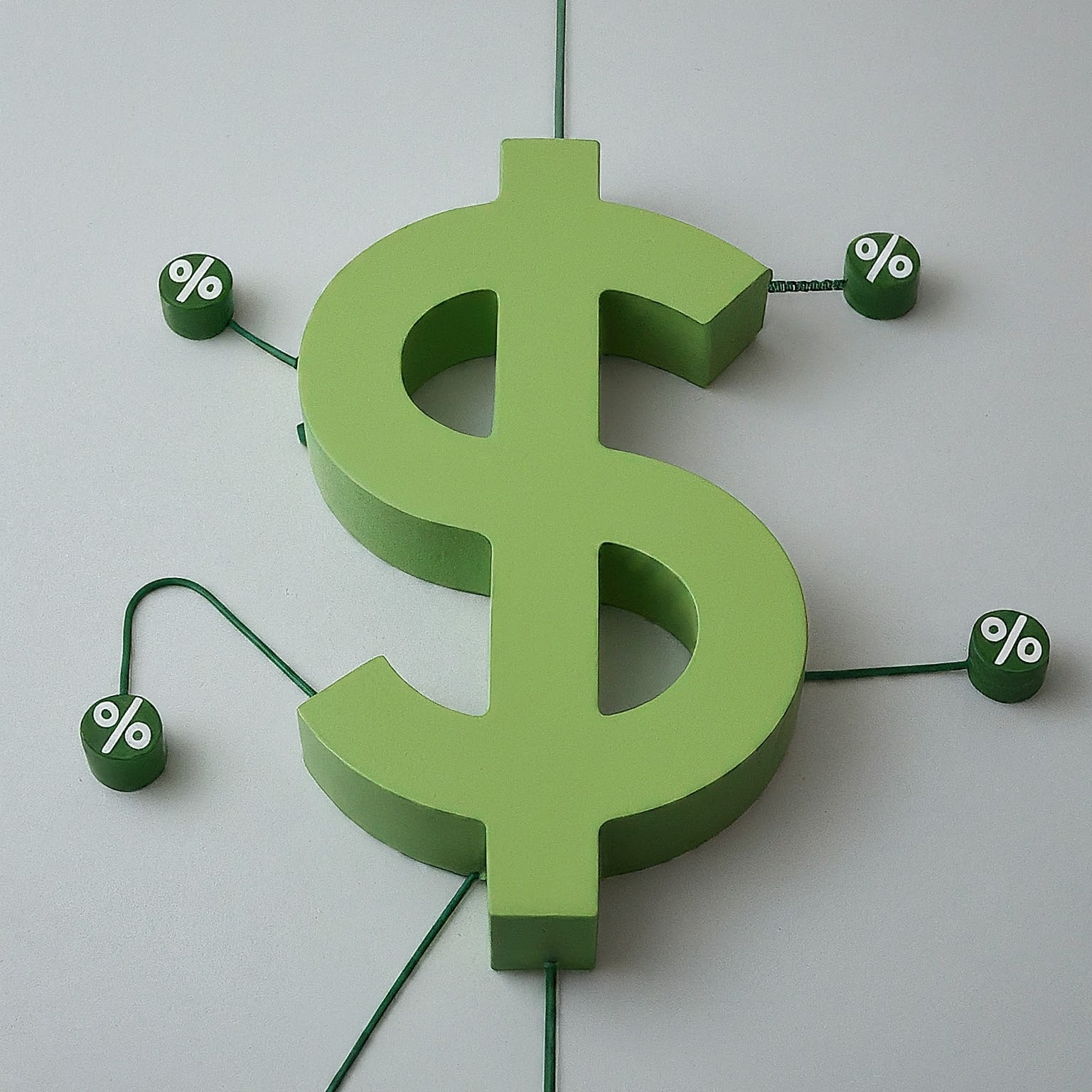The Cost of Friendship

Henry stared at the screen, an uneasy feeling gnawing at him. His best friend, Jake, was hitting him up for a loan. On one hand, there was his responsibility to himself, the years of careful saving and investing that could vanish in an instant.
The Cost of Friendship
Henry stared at the screen, an uneasy feeling gnawing at him. His best friend, Jake, was hitting him up for a loan. They’d been through thick and thin since childhood – campouts, wild teenage adventures, and the kind of bond deeper than blood. But asking Henry, of all people, for money felt… off.
Jake’s message was a jumble of excuses and promises: bad investment, unexpected medical bills, swears he’ll pay you back ASAP… Henry’s gut said “no”, but his heart hesitated.
He thought back to his teachings: never mix friendship with finances. It was a recipe for disaster, straining relationships and rarely ending well. Yet, wasn’t helping a mate in need what true friendship was about?
He wrestled with the dilemma. On one hand, there was his responsibility to himself, the years of careful saving and investing that could vanish in an instant. On the other, the image of Jake, always the boisterous life of the party, now seemingly desperate.
Henry typed slowly, choosing his words with care:
Jake, you know I’d walk through fire for you. But lending money? That’s a walk into a different kind of fire.
He explained, gently but firmly, the dangers of mixing money and friendship – the potential resentment, the awkwardness if repayment stalled. Instead, he offered alternative solutions:
- Tighten the belt: Can we look at your budget together? Sometimes an outsider’s eye sees what you miss.
- Side hustle power: Let’s brainstorm ways to bring in extra cash. Skills you can monetize? Temp work?
- Hard conversations: Are there debts you can negotiate down? Medical bills often have flexibility.
He hit ‘send’, knowing this wasn’t what Jake wanted to hear. Tough love was harder to give than easy cash.
The reply was swift and angry, accusations of selfishness and not being a “real” friend. Henry felt a pang, but also a strange sense of relief. Deep down, he knew this wasn’t about the money at all. Jake had deeper issues to face, and a bailout would only mask them.
True friendship, Henry realized, sometimes meant saying no. It meant offering support, guidance, a listening ear – but not enabling harmful patterns. This was a difficult lesson, a test of his own values forged in the tranquility of the woods. His finances were intertwined with his freedom; he had to protect both, even if it meant weathering the storm of a damaged friendship.
 Never miss a story from us, subscribe to our newsletter
Never miss a story from us, subscribe to our newsletter